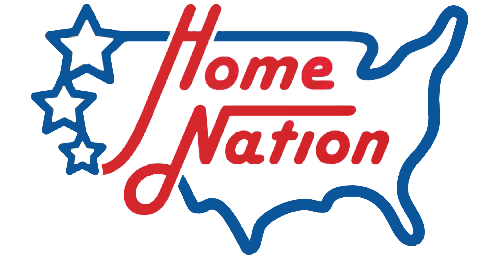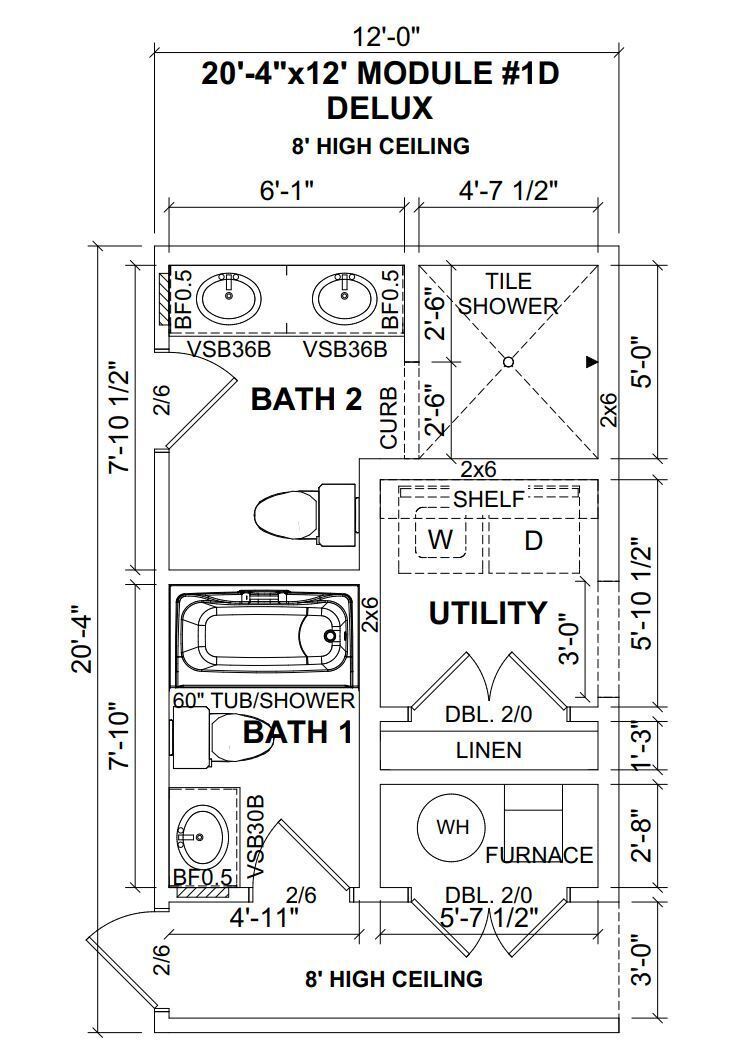The most important part of FHA is understanding that this organization doesn't actually lend money, that's up to the lender or bank. The FHA, also known as the Federal Housing Adminstration, is a branch under the Department of Housing and Urban Development. FHA is a type of foreclosure insurance to the lender, in case the person with the loan defaults. If the customer does default, FHA will compensate the lender for any losses. So there are two parties involved in an FHA loan, the insurer and the lender who actually fronts the money.
The benefit of this arangment is that lenders are able to lend more money, to people that would otherwise not be able to get a loan, since the insurance that FHA provides allows lenders to make riskier loans.
Typically, lenders submit to FHA approval and will follow the guidelines set forth by FHA. Lately however, lenders have had a changed in heart towards FHA. Currently, FHA covers about 28% of a mortgage amount, but as market values have slid in the past couple of years, 28% hasn't been enough to cover some losses and prevent a default. Because of this, lenders are now requiring more from potential borrowers, above and beyond what is required by FHA. This allows them to double-check their borrows and further protect them from potential losses when the 28% covered by FHA isn't enough.
There are two sets of requirements, those from FHA which are less stringent, and those from the investor which are typically more stringent. However, not all lenders / investors are the same. Some of them are willing to take on greater risk for greater reward, and may as a result have a lax set of requirements from the borrow. Guides for creating an FHA are exhaustive (and exhausting) in nature and won't be able to be covered completely here. I'll try to write about the difference between an FHA loan and other types of financing. Often times, the requirements from a lender and FHA may overlap.
Down Payment Amount
Since 2009, the minimum downpayment has been raised to a flatline 3.5%. This flat rate simplifies downpayment calculation. Closing costs can be covered through a number of different ways in an FHA loan (since a borrower may not be able to front that money). One downside of an FHA loan is the limited amount they will finance. This amount generally depends on the location of the home (the local real estate market) and will change over time. If you'd like exact numbers on the FHA loan limit, please visit their website at hud.gov.
Credit limits and FHA loans
Lenders and the FHA both have different ideas on whether they should loan to someone with little or no credit. The purpose of FHA loans is to give people loans that may not otherwise qualify, no doubt. In fact, FHA has published clear guidelines about lending to those with little or no credit, and even added their own definitions to those guides in 2008. Still, it is the lender that is providing the money. FHA only guarantees a certain percentage of that money, IF things go south and the customer defaults. So, FHA is not actually out any money if things go to plan. Lenders generally will have their own idea of what "little to no credit" means, and will implement this in their guidelines. FHA Loans are often packaged together with similar loans and sold as "mortgage backed" securities on the stock market or Wall Street.
Since the Great Financial Crisis of 2008, companies that have purchased these sub-prime mortgage backed securities have had their fill and tend to shy away from these. Since they were so affected, they have since created criteria for these types of loans and securities that exceeds even FHA loan criteria. This is important to keep in mind if you're attempting to obtain a loan for your mobile home.
For example, FHA will allow loans to customers that don't even have a credit score. Investors, on the other hand, require that customers have a minimum of 620 to 640 in order to get a loan. This amount of course depends on the individual risk tolerance of the lender. This makes it slightly more difficult for most buyers that haven't built up their credit and may make them inelgible for an FHA loan, but at least will protect the lender from another GFC type cascade of events. This is because of the lenders rules, not FHA's.
Borrowers with scores even lower than 640 may still be able to finance a home, but can expect to pay increased interest rate, higher down payments, and even more for getting qualified. At Home Nation, we offer FHA loans to customers looking to buy their first mobile home with credit scores of as low as 580, but these kinds of loans are certainly not easy to come by as most will not be accepted by lenders.
Closing costs of an FHA loan
The FHA is relatively relaxed about how much a buyer should invest into their mobile home or where they should buy it from. All the FHA is concerned with is the loan, not necessarily where it came from or where the buyer got the money. FHA allows borrowers to even obtain money as gifts from family members, employers, friends, or non-profits. While this practice is completely above-board, you should still document where you've obtained your funds when purchasing a mobile home with an FHA loan. Contact your lender before depositing large amount of cash into your bank account, as it may affect your elgibility for a loan.
FHA loans also allow the manufactured home seller to use up to 6% of the final price of a manufactured home to pay for the buyers loan costs. Areas like Michigan and Illinois may have unusually high property taxes, which can result in the final cost for a home to be much greater than 6%. Make sure you've discussed property taxes and other unknown costs with your lender so you can properly estimate the final price upon closing the loan. FHA may soon reduce this amount from 6% to 3%, so ensure you get a loan before this type of change happens.
FHA and their relationship with Co-borrowers
One area in which an FHA loan is desirable is when your are applying for the loan with a "co-borrower". What is a co-borrower? This is someone that has so to speak "put their name on your loan" but will not be living in the house. This could be a relative, parent, employer, or anyone that may want to help you out and you can trust. If you're having difficulty becoming elgible for an FHA loan, you may want to consider finding a co-borrower. In a typical loan, especially those with a low down payment, there are usually restrictions on using a co-borrower. Usually a co-borrower needs to actually occupy the mobile home that is on the loan. A lot of loans will require a minimum DTI (also known as debt to income) from the borrower and co-borrower, so talk about this with anyone that may be considering to be your co-borrower.
With an FHA loan, it comes down to the total numbers. Usually it will simply be a calculation comprised of the borrowers income vs their bills. Debt to income. One thing that FHA loans are particularly wary of are buyers that say they will occupy the home, but actually use it as a rental property. This would be a violation of the loan and grounds for dismisall of the loan. If FHA were to discover a plot of subterfuge like this, they would decline to loan the individual money, and with good reason. There are certain rules regarding exactly who can be your co-borrower, so make sure you check with whoever is lending you money.
Mortgage Insurance in case of FHA Default
At it's heart, the FHA is really selling insurance against default. FHA also requires it's own insurance payments, to protect itself from default when insuring other lenders mortgages. These premiums are paid by the borrower. Currently, the customer must pay 1.75% upon closing the loan, and 1.25% every year. Sometimes, the amount due at closing can be combined with the total loan, so the customer doesn't have to provide money when the loan closes. The remaining 1.25% that needs to be paid is divided out over the year on a monthly basis. While these percentages may be several points higher than a typical loan, FHA loans remain one of the easiest ways to fund your new manufactured home if your credit score is less than perfect.
FHA Details
One requirement of an FHA loan is that the mobile home needs to be inspected. This is to ensure there are no major repairs needs on the home, and if any problems were found, these would need to be rectified before the loan would commence. Lately, FHA has removed many of these repair requirements. Now, a home will only need to be repaired if it poses a health or safety risk.
Another benefit of an FHA loan is that if the home is sold before the loan is completely paid off, the buyer can inherit these original loan terms. This can be beneficial if the borrower has locked in a rate that is lower than the current loan rate, some years down the road. Which would allow the new buyer to obtain a loan at lower than average costs. The buyer still must qualify for the loan, however.
Conclusion
In conclusion, an FHA loan can be a very attractive option for buyers looking to get their first mobile home, who may not have necessarily built up their credit. The ability to have a co-borrower on the loan, and the ability to roll closing costs and loan insurance costs into the loan itself make for a very flexible loan.








